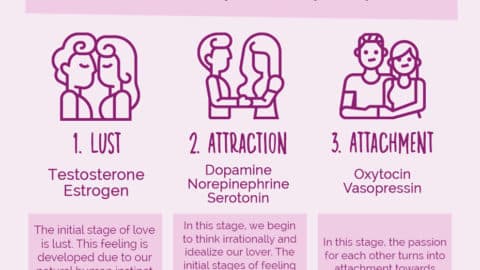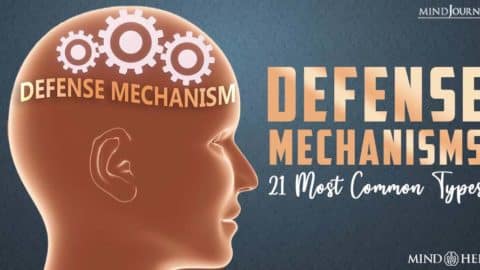Marriage and Mental Health: How Emotional Support Reduces Depression Risk
A recent study reveals a striking connection between marital status and mental health, particularly regarding the risk of depression. According to the findings, unmarried individuals are approximately 80% more likely to experience depression compared to those who are married. This disparity is especially prominent among men and individuals with higher levels of education.
The study suggests that the reason behind this phenomenon could be the strong emotional support provided within marriages. Being in a committed relationship can offer a unique form of emotional stability, which is vital for mental health. Married couples often rely on one another for both social and emotional support, which helps to buffer the effects of stress and life challenges. This emotional connection not only fosters a sense of belonging but also plays a significant role in improving overall well-being.
The Link Between Marriage, Mental Health, and Emotional Support
Mental health is a critical aspect of overall well-being, and recent studies have highlighted how marital status can significantly impact mental health, particularly in relation to depression. According to a comprehensive study, unmarried individuals are nearly 80% more likely to suffer from depression compared to those who are married. This statistic underscores the importance of emotional support in reducing the likelihood of mental health issues like depression.
The Role of Emotional Support in Mental Health
One of the main factors contributing to the lower rates of depression in married individuals is emotional support. Being married often means having someone to turn to during times of stress or emotional strain. Emotional support acts as a protective buffer, helping individuals to cope better with life challenges. Studies have shown that emotional support, which includes both physical presence and empathetic listening, can lower levels of anxiety, increase feelings of happiness, and improve overall mental health.
Moreover, emotional support in marriage contributes to a deeper sense of connection and belonging, which is essential for mental well-being. In a study published by the National Institutes of Health (NIH), researchers found that individuals with strong social support networks, particularly within their marriages, were significantly less likely to suffer from depressive symptoms. The study also noted that married couples tend to share responsibilities, including economic burdens, which can alleviate stress and anxiety—factors known to contribute to mental health problems.
Impact of Social Isolation on Mental Health
On the contrary, single individuals, especially those who are socially isolated, often lack the emotional support systems that married people benefit from. According to the American Psychological Association (APA), loneliness and social isolation are major contributors to depression, particularly among those who are unmarried. Without the emotional backing of a spouse or partner, single people may experience heightened stress, sadness, and feelings of hopelessness, all of which can increase the risk of depression.
A study by the National Institute on Aging also confirmed that loneliness can lead to significant health problems. Not only does it impact emotional health, but it has also been linked to a decline in cognitive function and physical health. In fact, loneliness and lack of emotional support were found to be as detrimental to mental health as smoking 15 cigarettes a day.
The Power of Marriage in Promoting Better Mental Health
Marriage is not just about companionship; it can be a crucial factor in maintaining mental health. Research from the Mayo Clinic has revealed that married people are more likely to seek treatment for mental health issues when needed. This could be due to the encouragement they receive from their spouse, who often acts as a source of motivation and support. In addition to emotional support, marriage also provides a sense of stability and purpose—two factors that are essential in maintaining mental well-being.
Furthermore, marriage can offer a structured environment for managing life’s ups and downs. The financial stability often associated with marriage can help reduce stress and prevent the financial difficulties that contribute to depression. Married couples are also more likely to engage in joint activities that promote mental health, such as exercising, socializing, and participating in hobbies that enhance happiness and reduce feelings of isolation.
Mental Health and Marriage: The Way Forward
While marriage can be a protective factor for mental health, it is essential to recognize that the quality of the relationship matters just as much as the marital status. Emotional support in a marriage is most beneficial when both partners are actively involved in providing care, understanding, and encouragement. Healthy marriages are built on open communication, trust, and mutual respect, all of which contribute to better mental health.
For individuals who are single or divorced, finding alternative forms of emotional support is key to safeguarding mental health. Support groups, therapy, and maintaining strong friendships can help individuals overcome loneliness and the emotional challenges that come with being single or experiencing a divorce.
By understanding the link between emotional support and mental health, individuals can take proactive steps to maintain their well-being, whether through marriage or other supportive relationships.






Leave a Reply
You must be logged in to post a comment.